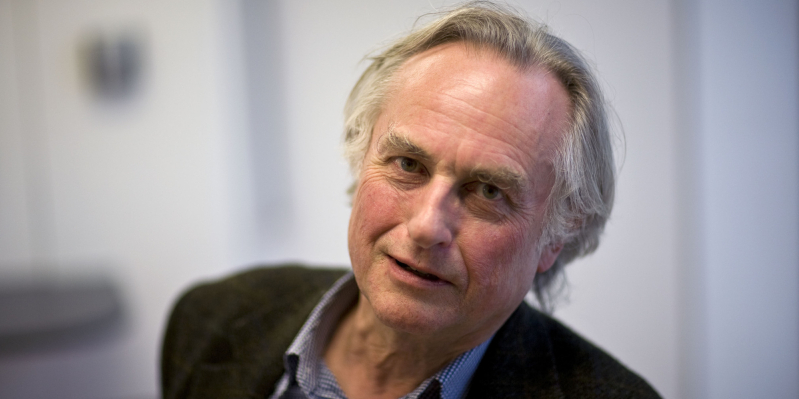
Despite his atheistic worldview, Richard Dawkins recently came to the defense of the Church of England after the U.K.'s leading cinema chains refused to screen an ad about the Lord's Prayer, arguing that anyone who is offended by prayer "deserves to be offended".
According to a report from The Guardian, the Church-sponsored 60-second advertisement was slated to be shown before Star Wars: the Force Awakens, released on the 18th of December. However, the Odeon, Cineworld and Vue chains, which control 80% of screens around the country, refused to allow it because of a policy not to allow political or religious advertising.
Dawkins criticized the move in a series of tweets, arguing that the ad was far from offensive and slamming the cinema chains for not airing it. The Guardian notes that the evolutionary biologist deleted an initial tweet on the issue after realizing it was a matter of commercial judgment rather than freedom of speech, as the U.K. government is not involved in the debate.
However, the God Delusion author emphasized that "I still strongly object to suppressing the ads on the grounds that they might 'offend' people. If anybody is 'offended' by something so trivial as a prayer, they deserve to be offended."
Dawkins is not the only one to criticize the ban: the Church of England said it was "disappointed and bewildered" by the decision while Prime Minister David Cameron called the move "ridiculous".
Justin Welby, the Archbishop of Canterbury, also weighed in, arguing that "This advert is about as offensive as a carol service or a church service on Christmas Day."
Other atheists in the U.K., including Conservative MP Sarah Wollaston, have also said that they fail to see what in the Lord's Prayer ad could anger viewers.
"As a gentle atheist, I'm not offended by Church screening gentle cinema adverts; we shouldn't reject our deep cultural roots in Christianity," Wollaston said.
Others, such as the National Secular Society, have defended the decision by the cinemas.
"The Church of England is arrogant to imagine it has an automatic right to foist its opinions upon a captive audience who have paid good money for a completely different experience," said the society's president Terry Sanderson.
"The Church does not hesitate to ban things that it deems inappropriate from its own church halls - things like yoga. The cinema chains are simply exercising the same right."
Meanwhile, Arun Arora, director of communications for the Church of England, is encouraging people to visit the JustPray.uk website to view the film and and make up their own minds as to whether it is offensive.
"The prospect of a multigenerational cultural event offered by the release of Star Wars: the Force Awakens on 18 December - a week before Christmas Day - was too good an opportunity to miss and we are bewildered by the decision of the cinemas," he told The Guardian.
"In one way the decision of the cinemas is just plain silly but the fact that they have insisted upon it makes it rather chilling in terms of limiting free speech. There is still time for the cinemas to change their mind and we would certainly welcome that."







